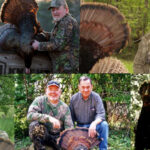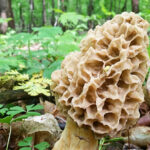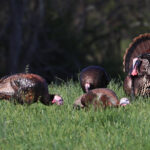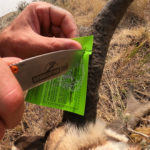At the end of every blood trail, awaits a bounty of significant worth. This bounty is not measured in inches, nor is tabulated for official entry into a record book of any kind. The true value of a successful harvest is found in the ample supply of fresh venison which is procured as an arrow finds its mark.
Venison tends to be a cornerstone of many hunters’ diets, largely because of its rich flavor and wide range of uses. Meat of this type can be used to conjure up any number of favorite deer camp dishes or can be substituted in place of beef in almost any recipe. Venison is also typically regarded as a healthier alternative to other forms of red meat, primarily due to its lean composition.
While the virtues of a venison-rich diet seem quite clear, many hunters are left to ponder several questions. How much venison should one consume? Can venison be eaten on a daily basis?
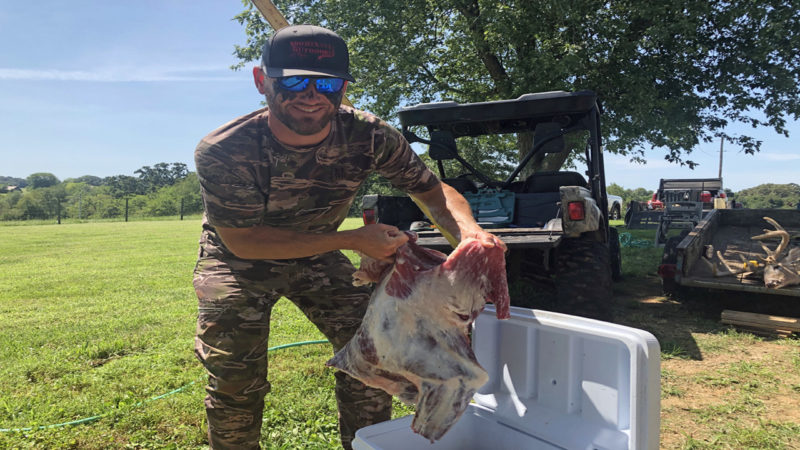
A Nutritional Breakdown
When comparing the nutritional data associated with venison, in comparison to that which applies to beef, a number of noteworthy observations are made. The bulk of these observations shed a significant amount of light on the issue of whether or not regular venison consumption is ideal.
According to the USDA, a 3.5-ounce serving of venison backstrap contains approximately 150 calories and 2.4 grams of fat. Beef, of a similar cut and portion, averages 205 calories, and 10 grams of fat.
Venison is also higher in niacin and iron than beef. Both of these vitamins and minerals play key roles in supporting various bodily functions. Likewise, venison has been proven to contain higher levels of Omega-3 fatty acids than beef. Omega-3 fatty acids act as natural antioxidants, and are believed to promote heart health.
Slightly higher protein levels can also be found in venison, than in beef. A 3-ounce serving of venison contains 26 grams of protein, while a comparable serving of beef contains 23 grams of protein.

The Free Range Advantage
As of late, much has been published regarding the popularity of organically-raised meat. Many consumers have expressed concerns over the consumption of beef that has been raised on a steady diet of genetically engineered feed. These feeds generally consist of corn, soybeans, canola, and cottonseed, the bulk of which is derived from genetically engineered crops.
Deer, on the other hand, consume a far more diverse diet, as they traverse various segments of their home range. However, for the sake of impartialness, one must also consider that deer do often feed heavily in stands of corn or soybeans, which are almost exclusively of the genetically engineered variety. This tends to be especially true of deer found in the agriculture-rich midwest.
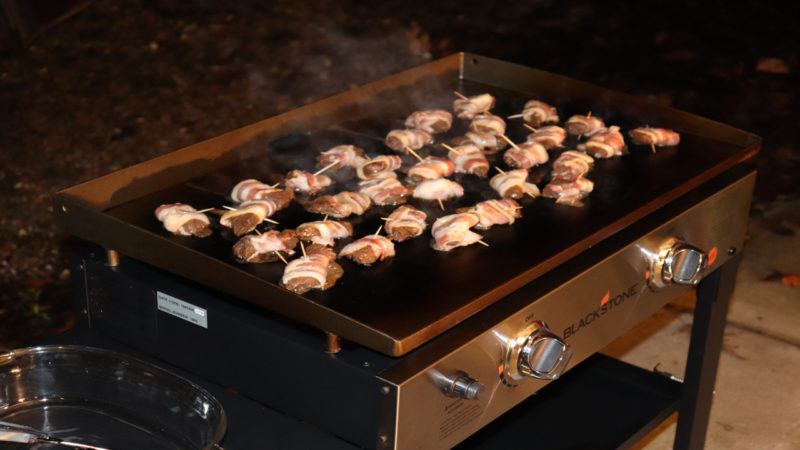
However, venison is typically considered to be far more organic in nature, than beef that is purchased at your local supermarket. Rather than primarily consuming modified granular feeds, deer ingest standing grain of the modified variety on a free-choice basis, making up only a portion of their overall diet.
Disease Potential
Much concern has been voiced in recent years regarding the safety of venison consumption. As CWD continues to spread, some hunters fear what might occur if they were to ingest disease tainted meat. However, these fears have proven to be largely unfounded, at the current moment.
No actual case of deer to human CWD transmission has been recorded to date. In fact, no concrete evidence exists that such transmission is even possible. Scientific studies continue, in a bid to support or refute such claims.
With the increase in confirmed CWD cases nationwide, and the asymptomatic nature of the disease during its early stages, it is somewhat probable to think that CWD-tainted venison has already been consumed at one point or another. However, no ill-effects have been observed, if such a situation were to have occurred.
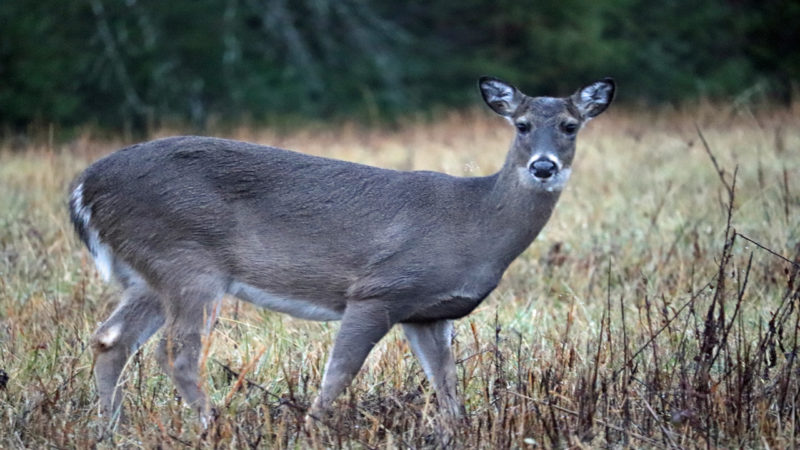
It is currently believed that a similar prion-derived disease found in cattle (BSE), can indeed be transmitted to humans, upon the consumption of tainted beef. When found in humans, this ailment is referred to as variant Creutzfeldt-Jakob disease. Over 200 cases of this disease have been observed since its discovery.
It is difficult to directly compare information related to the potential of disease spread from the consumption of beef to that of venison. Yet, one would likely be safe in assuming that ingesting venison, even frequently, is no more likely to transmit disease, than the consumption of any other type of meat.
Is it Possible to Eat too Much Venison?
When considering all factors mentioned above, it is entirely reasonable to believe that a hunter could eat venison daily, without issue. Venison is low in fat/cholesterol and contains more protein than an equally sized portion of beef. Additionally, venison is packed full of vital nutrients and minerals that are essential for sustained health.
One can also rest assured that venison is largely organic in nature, and likely poses no more of a disease transmission threat when consumed, than any other meat at one’s disposal. When properly managed, venison is a highly sustainable resource, which can be used to feed hunters and their families on an ongoing basis, well into the future.
For those with ample tags, and a deep freezer of sizable proportions, deer season serves as the perfect opportunity to stock up on groceries for the year ahead. With a quiver full of arrows, and a dose of perseverance, a hunter’s family will never be left in absence of food upon the table.
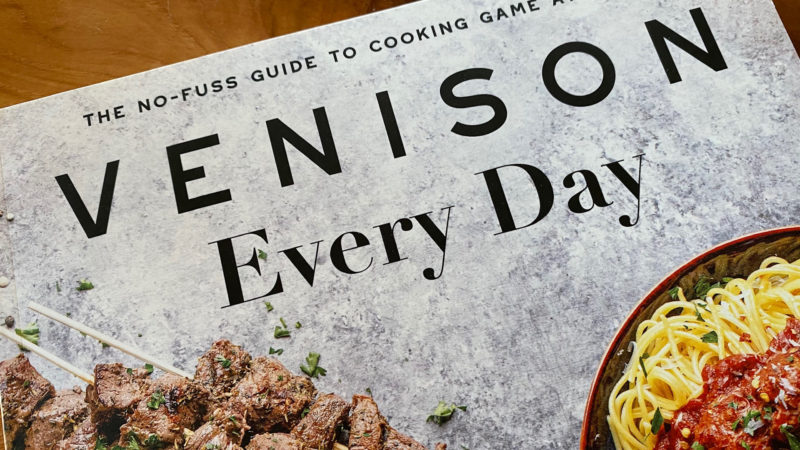
If you’re ready to change things up in your venison routine, be sure to check out the new cookbook, Venison Every Day, by Allie Doran.
Doran is a recipe developer and food photographer from Pennsylvania. She’s the founder of Miss Allie’s Kitchen, a food blog specializing in wild game recipes. Her recipes have been featured in a number of publications across the country.
Check out her book for some fresh ideas on how to prepare venison every day this season.

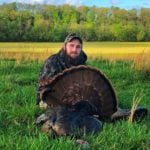 By
By 